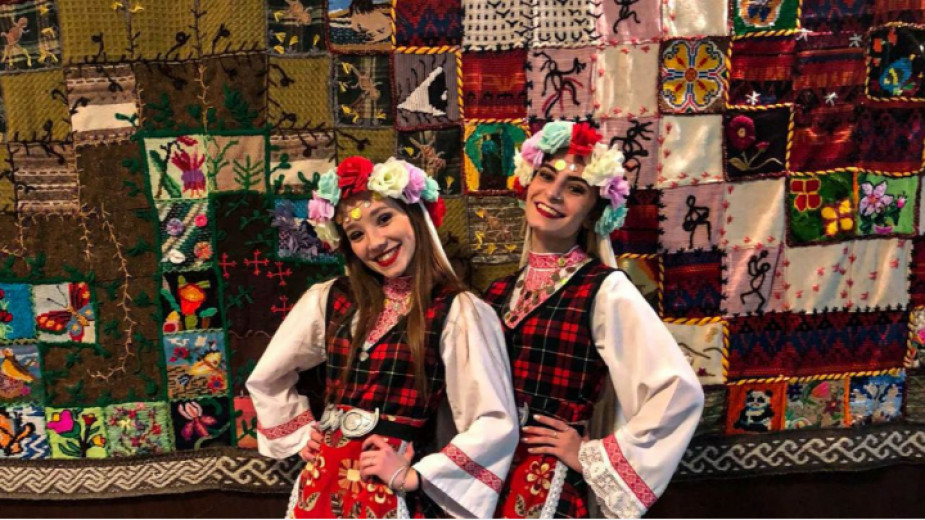 7
7
The cold southern tip of Argentina is a geographical area called Patagonia, and it is the territory of Latin America that is closest to the South Pole. Comodoro Rivadavia is a town perched on the wind-swept shore of the Atlantic Ocean, known since the turn of the 20th century for its oil industry. That was a time when, fleeing the Great Depression, emigrants from all over the world came and settled here, including a large colony from Bulgaria.
One of the Bulgarians living here is Tsenka Genova, chairperson of the Cyril and Methodius Association in the town. “We are the southernmost Bulgarian association in the world,” Tsenka says and apologizes for her broken Bulgarian.
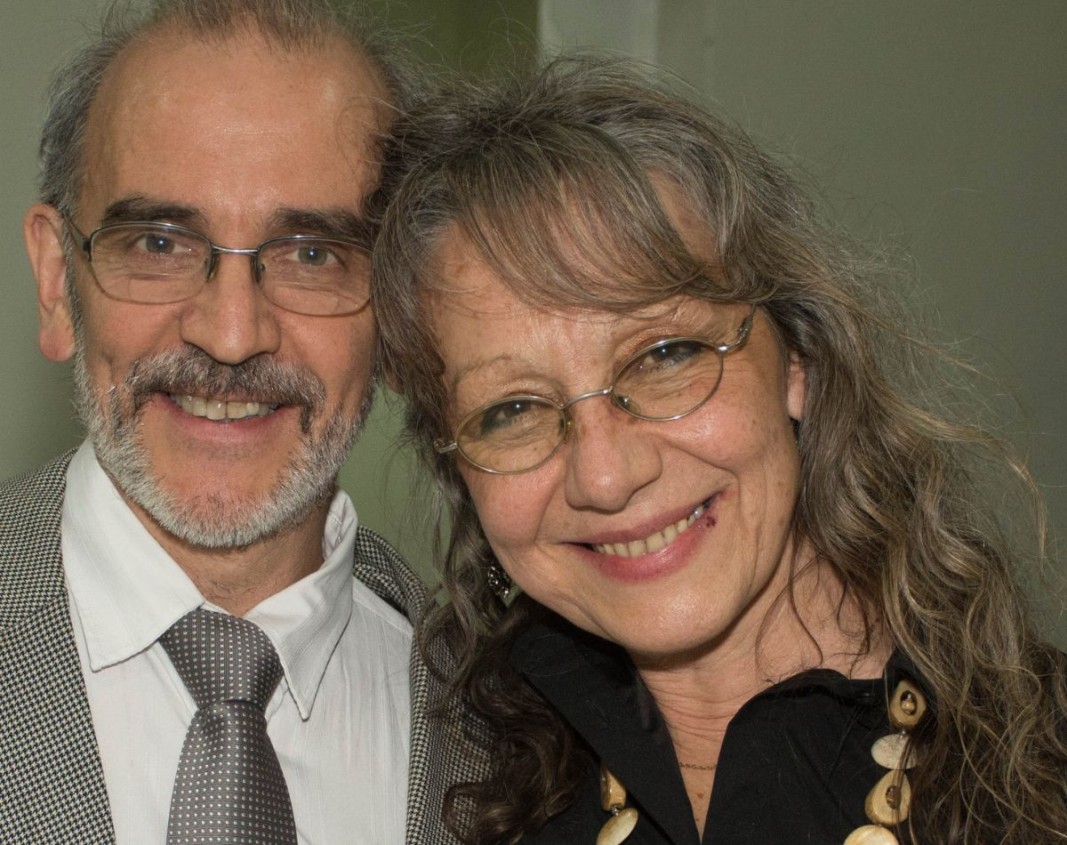
She was born in Troyan in Bulgaria 66 years ago. When she was two, she emigrated from communist-era Bulgaria with her parents to join her grandfather in Comodoro Rivadavia, a town on the other side of the globe, exactly 13,300 kms. from Bulgaria.
In our day there are more than 2,000 Bulgarians living in the town, second or third generation emigrants from Bulgaria, or children from mixed marriages who say they identify as being Bulgarian. Tsenka is the only Bulgarian there actually born in Bulgaria. She is married to an Argentinian man of Italian origin and her children speak a mixture of Bulgarian and Italian. Most Bulgarians in Comodoro Rivadavia are employed in the oil industry, though not all. Tsenka herself is a retired doctor who worked at a state hospital for 35 years. She says that the Bulgarian association in the town was founded 33 years ago and has around 80 active members.
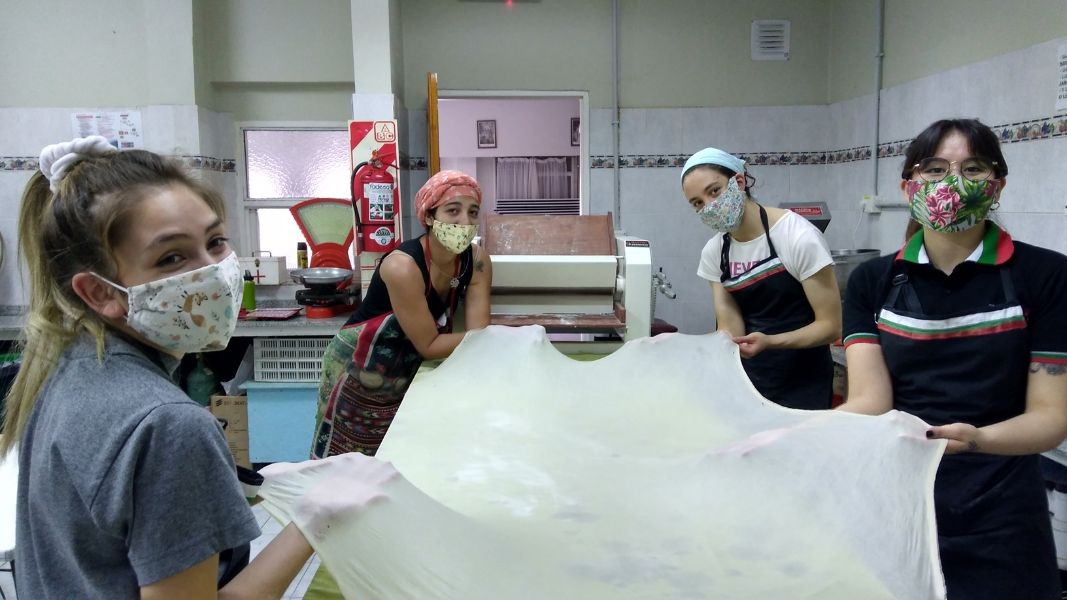
“In the first days of March we always mark Bulgaria’s liberation from Ottoman rule, in the auditorium of the association, we also celebrate 1 March, and we talk about martenitsas and different Bulgarian traditions even though here it is autumn. It is an opportunity to talk about our faraway country, we invite many Bulgarians, and officials and public figures from the town,” Tsenka says.
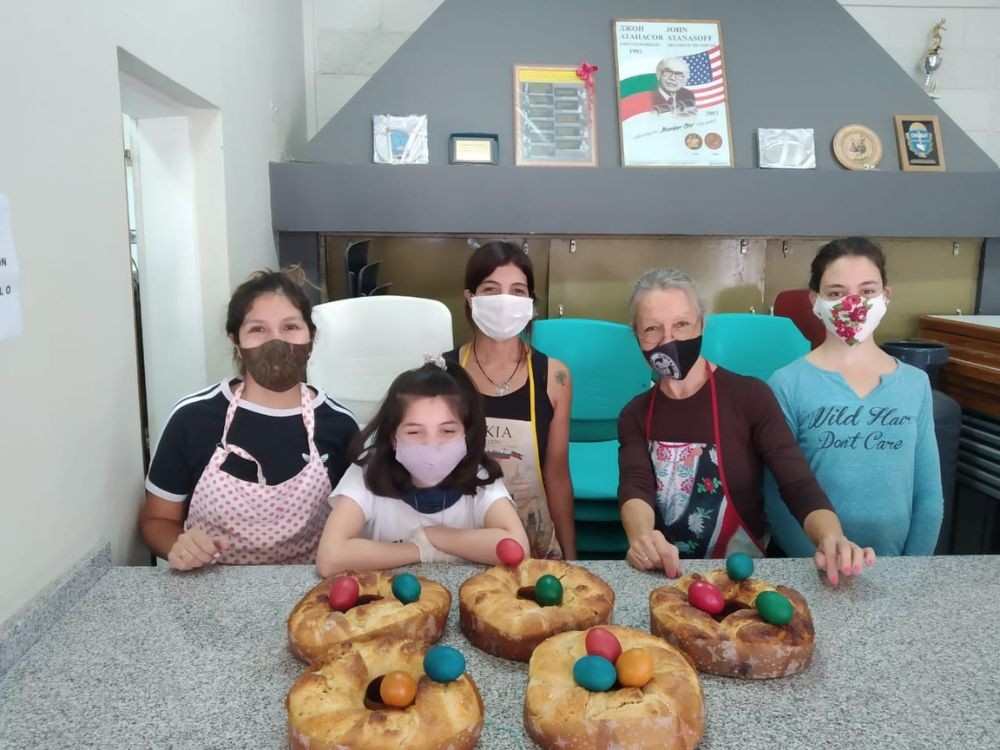
The women endeavor to popularize Bulgaria’s national cuisine at monthly culinary festivals, and they do so with enthusiasm and with flair.
Every week, Comodoro Rivadavia echoes with Bulgarian folk music. Young people from all parts of the town get together to rehearse Bulgarian folk dances. They learn the intricate steps of the horo and the ruchenitsa from their parents and grandparents, but most of all from…YouTube. And on 4 September every year the Bulgarian folklore group takes part in the highly popular fair of the communities in the town.
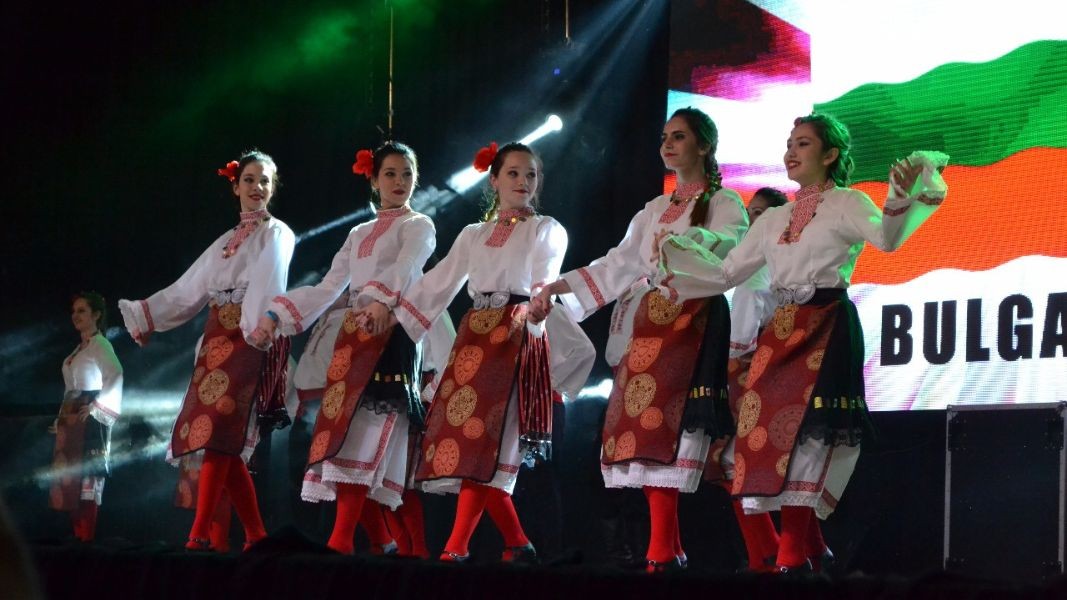
With the exception of several traditional outfits, gifted by the Bulgarian embassy some time ago, people in Comodoro Rivadavia make their own national costumes. There is a singing group as well, called Orpheus, as well as an instrumental group, the members of which, young people, have been learning to play the bagpipes and the kaval. “We were given a gadulka a month ago, and they are now learning how to play it,” Tsenka says. Asked what makes us the same and different from Argentinians, she says: “What makes us the same is that both Bulgarians and Argentinians are warm-hearted, but what makes us different is that we are hard-working.”
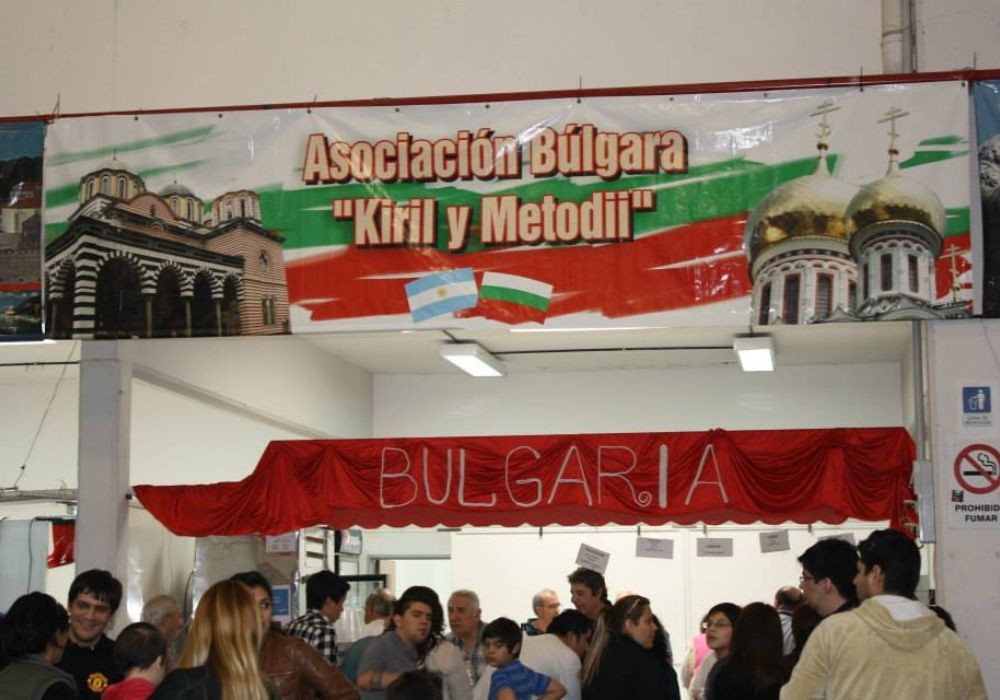
“We, Bulgarians are used to working, that is something we have been taught by our parents. We do not think it normal not to work. Here, in Patagonia, the climate is very severe. Nevertheless, we each have a garden and we grow tomatoes, peppers, vegetables. Some even grow Bulgarian spices for savory.”
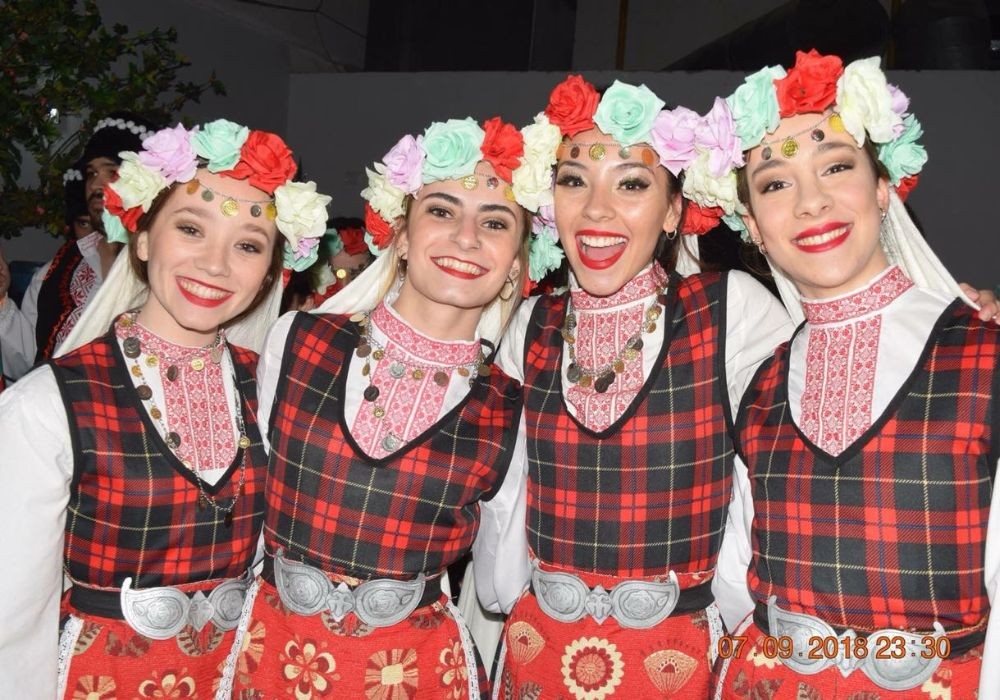
Photos: Cyril and Methodfius Association in Comodoro Rivadavia
"Every day, we should think about peace and the messages that politicians send,” journalist Tsvetana Paskaleva, who has been living in Armenia for 30 years, says. "The situation around us and in neighbouring countries is unstable and..
Conservationists from Bulgaria Bird Walks are organising a birdwatching walk in Varna today to observe water fowl and forest birds. Two walks are planned in the Sea Garden at 9.00 and 13.00. There will be similar outings every month in the city, said..
The greater flamingo was considered an exotic species for Bulgaria, but for several years, entire colonies have chosen the lakes around Burgas as their residence. Currently, more than 450 flamingos inhabit the Burgas wetlands ...
"Every day, we should think about peace and the messages that politicians send,” journalist Tsvetana Paskaleva, who has been living in..

+359 2 9336 661
